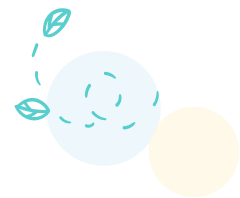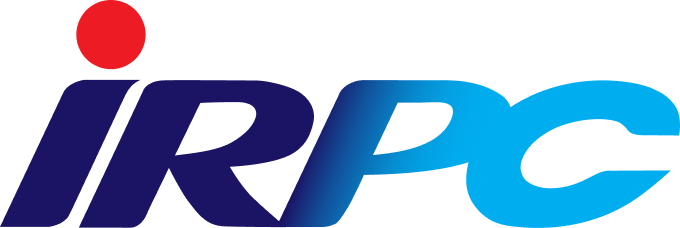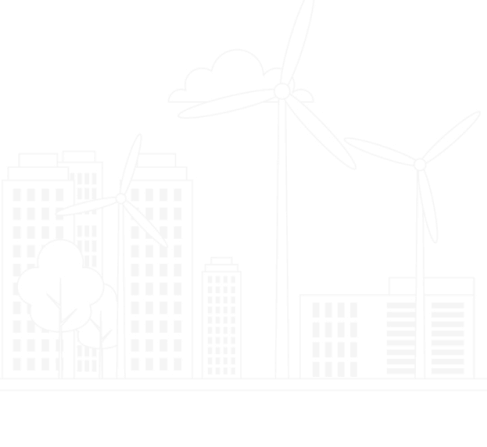


IRPC implements a structured waste management system to minimize environmental impacts throughout its petrochemical and refinery operations. The company establishes clear policies, responsibilities, and targets under its environmental management framework, emphasizing compliance with regulatory requirements and alignment with international standards such as GRI 306. All waste streams are identified and classified at source as hazardous or non-hazardous, with data tracked to assess quantities, characteristics, and environmental risks.
Waste is managed using the waste hierarchy—prevent, reduce, reuse, recycle, recover, and dispose—to reduce overall generation and landfill dependency. IRPC ensures proper on-site handling, segregation, labeling, and secure storage, and only transfers waste to licensed contractors for off-site treatment or disposal. Regular audits, monitoring, and reporting are conducted to verify performance and drive continual improvement. The company also promotes employee awareness, contractor training, and cross-functional collaboration to enhance resource efficiency, reduce environmental footprint, and support its long-term sustainability goals.
Achievement
Zero industrial waste disposed of in landfills since 2019
Target
Zero amount of hazardous / non-hazardous waste disposed of in landfills.
Waste Management Principles
IRPC recognizes that, without efficient waste management, our business operations across the value chain may have a significant impact on the environment and society. Improper waste management can contaminate the soil and water, endanger ecosystems and lower biodiversity. Hazardous compounds in waste streams are also critical, as they can damage public health if not properly handled. For this reason, IRPC is committed to effective waste management practices, prioritizing waste reduction at the source.
IRPC has adopted the 7Rs (Reduce, Reuse, Recycle, Repair, Refuse, Return and Rethink) and Circular Economy concept to guide our effort to achieve optimum resource management efficiency. The Company has conducted R&D in collaboration with waste disposal operators to explore the possibility of recycling or recovery to reduce pollution and to add value to recovered materials. The Company also organized activities to promote the 7Rs principles in various operational processes, including major scheduled maintenance, the Green Turnaround Project, featuring Reuse Insulation project that advocates the reuse of used but still functional insulation.
In addition to the management of waste at the end of its life cycle, IRPC also implemented a project to improve machinery efficiency to reduce maintenance costs and to keep machines and facilities clean as part of the effort to reduce industrial waste at its source. There is also a campaign to separate waste for recycling, including plastic water bottles used by employees and contractors. This not only helps promote awareness among employees of the importance of recycling waste materials but also meets the requirements of promoting the implementation of the government’s Circular Economy policy of the government in line with the global trend.
The overall waste management performance in 2024 can be summarized as the following


